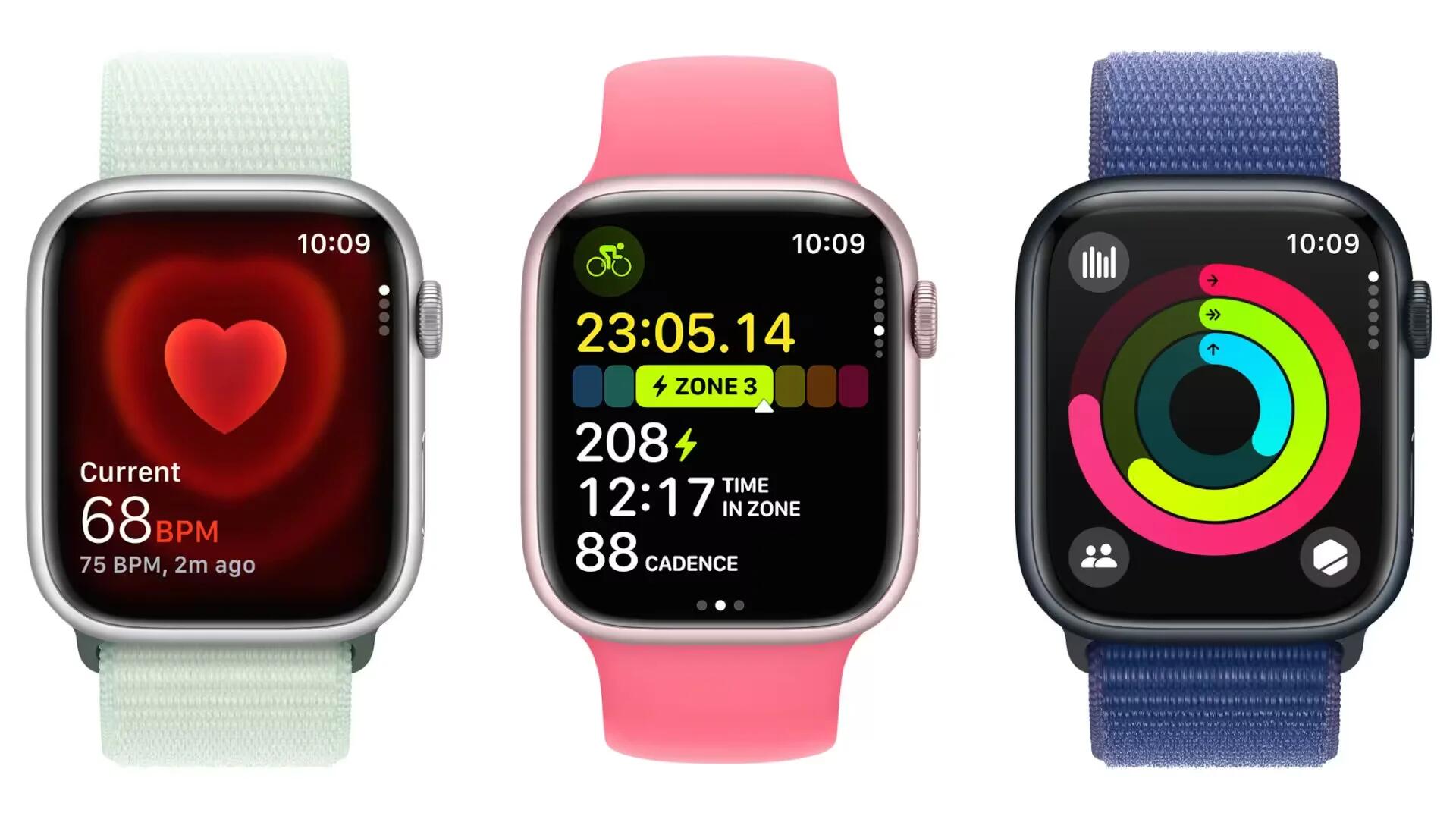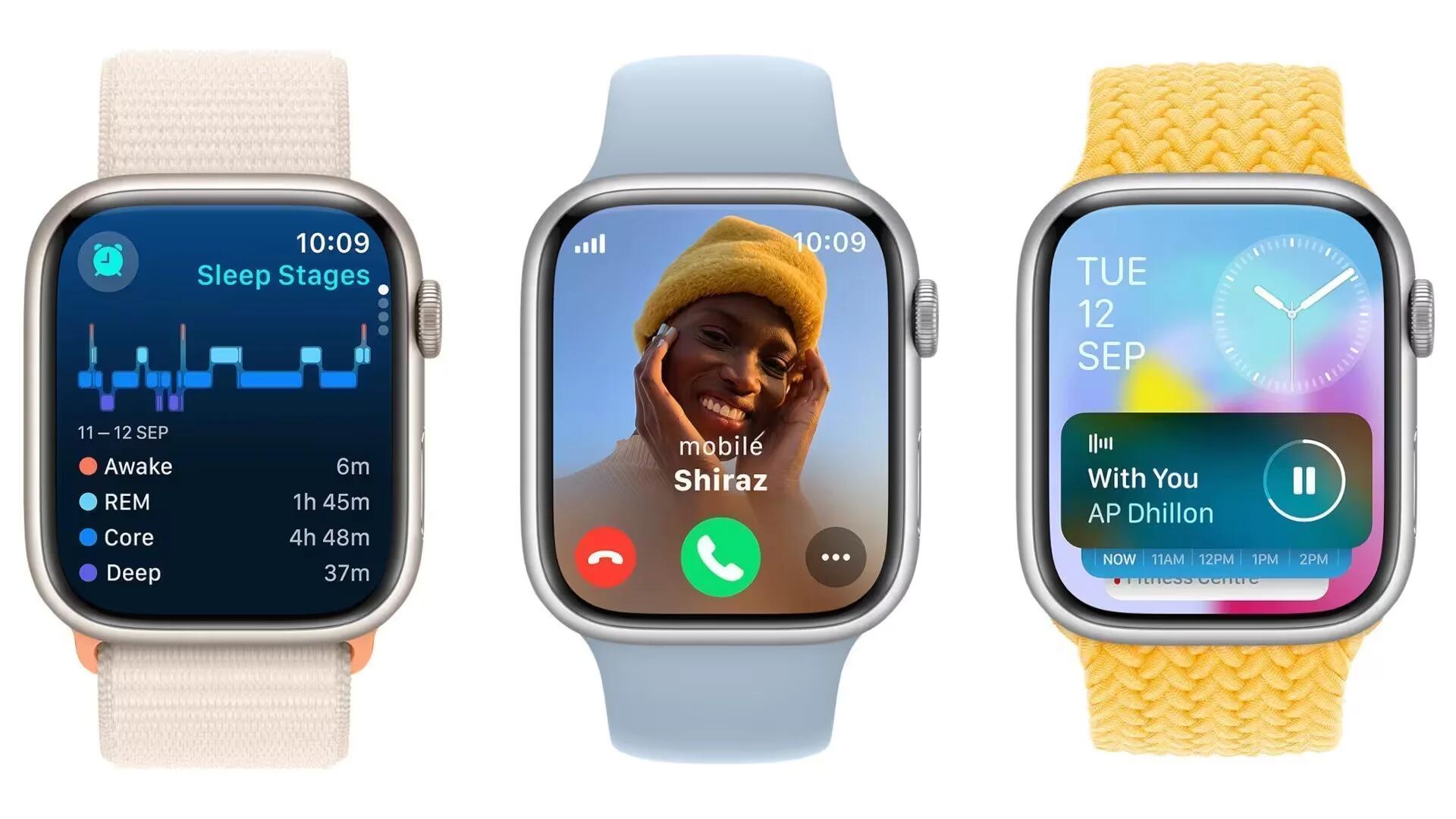In the rapidly evolving world of wearable technology, choosing between a fitness tracker and a smartwatch can feel like navigating a labyrinth. Both devices offer a plethora of features aimed at enhancing our daily lives, from monitoring our health and fitness to keeping us connected with the world. But which one truly suits your lifestyle and meets your needs? In this comprehensive comparison, we delve deep into the features of fitness trackers and smartwatches to help you decide. From health monitoring capabilities to connectivity options, we explore what each device has to offer, ultimately guiding you to the wearable tech that deserves a spot on your wrist.
Understanding Fitness Trackers and Smartwatches
Before we pit these devices against each other, let’s define what sets them apart.
Fitness Trackers: The Dedicated Health Companion
Fitness trackers are designed primarily for monitoring physical activities and health-related metrics. They track your steps, distance traveled, calories burned, and some even monitor sleep patterns and heart rate. Over the years, fitness trackers have evolved to include features like GPS tracking for runners and water resistance for swimmers, making them a versatile companion for fitness enthusiasts.
Smartwatches: The All-in-One Gadget
Smartwatches do everything a fitness tracker can do and then some. They are essentially wearable computers offering a wide range of functionalities, from receiving calls and messages to accessing apps, playing music, and even making payments. Smartwatches are designed to be an extension of your smartphone, providing convenience and connectivity at your fingertips.
While there’s an evident overlap in functionality, the primary distinction lies in their core focus. Fitness trackers prioritize health and fitness monitoring, while smartwatches aim to offer a broader suite of smart features and capabilities.
Health and Fitness Monitoring
When it comes to health and fitness monitoring, both device types pack impressive features, but with a few notable differences.
Fitness Trackers
Accuracy: Generally offer more precise tracking of fitness activities, thanks to their focus on health metrics.
Specialized Features: Some models come with advanced features for specific activities, like running dynamics for runners or swim tracking for swimmers.
Smartwatches
Broader Health Features: In addition to fitness tracking, smartwatches often include more comprehensive health monitoring features, such as ECG and blood oxygen monitoring.
Integrated Fitness Apps: Offer the convenience of accessing a wide range of fitness apps directly from your wrist, allowing for a more interactive fitness experience.

Connectivity and Smart Features
The true distinction between fitness trackers and smartwatches becomes apparent when we delve into their connectivity and smart capabilities.
Fitness Trackers
Notifications: Most fitness trackers can display notifications from your phone, such as calls, texts, and app alerts, but interaction is usually limited.
Companion Apps: They rely heavily on companion apps for detailed data analysis and settings adjustments, keeping the device interface simple and focused.
Smartwatches
Wide Range of Apps: Smartwatches offer an extensive library of apps, including social media, productivity, and even navigation apps, directly on your wrist.
Communication Features: With a smartwatch, you can often respond to messages, answer calls, and even use voice commands, thanks to built-in microphones and sometimes speakers.
The smartwatch’s superior connectivity and smart feature set clearly cater to those seeking a more versatile tech companion, beyond just fitness tracking.
Battery Life and Durability
Battery life and durability are crucial for devices meant to be worn daily. Here, the priorities of the devices diverge, reflecting their different uses.
Fitness Trackers
Longer Battery Life: Thanks to their simpler displays and fewer power-hungry features, fitness trackers often boast a longer battery life, ranging from several days to weeks on a single charge.
Durability: Most are designed to be durable and water-resistant, making them ideal for continuous wear, even during rigorous activities.
Smartwatches
Shorter Battery Life: Due to their more complex functions and larger, brighter displays, smartwatches typically require charging more frequently, usually every 1 to 2 days.
Robust Build Quality: While smartwatches are also built to be durable, their more sophisticated components can sometimes make them more susceptible to damage. However, many are water-resistant and suitable for sports.
Design and Customization
The aesthetic appeal of wearable tech cannot be overlooked, as it’s something you’ll wear almost as much as your favorite clothes or jewelry.
Fitness Trackers
Sleek, Unobtrusive Designs: They typically feature slim, lightweight designs meant to blend in or disappear on your wrist.
Limited Customization: Some offer interchangeable bands, but display and interface customization is typically minimal.
Smartwatches
Stylish and Versatile: Smartwatches often resemble traditional watches, with a focus on style as much as function. They come in various designs to suit different tastes.
Highly Customizable: From watch faces to bands, smartwatches offer extensive customization options, allowing users to tailor their devices to their personal style and preferences.

Price and Value for Money
Considering the investment in wearable tech, value for money is a significant factor.
Fitness Trackers
More Affordable: Generally, fitness trackers are less expensive than smartwatches, making them a budget-friendly option for those focused solely on fitness tracking.
Value Proposition: They offer excellent value for those who want a dedicated fitness companion without the need for extensive smart features.
Smartwatches
Higher Price Point: Smartwatches come with a higher price tag, reflecting their broader capabilities and more complex technology.
Comprehensive Features: For the extra cost, you get a device that not only tracks fitness but also extends the functionalities of your smartphone to your wrist.
Use Cases and Lifestyle Considerations
Choosing between a fitness tracker and a smartwatch ultimately depends on your lifestyle and what you expect from your wearable device.
Fitness Enthusiasts: If your primary focus is on tracking workouts, activities, and health metrics, a fitness tracker might be all you need.
Tech-Savvy Users: For those who appreciate having seamless connectivity and a wide range of features at their fingertips, a smartwatch is the way to go.
Everyday Wear: Consider how each device fits into your daily life, from the workplace to leisure time, and choose one that meets your needs in terms of both functionality and style.
Conclusion
The decision between a fitness tracker and a smartwatch isn’t about which device is better overall, but which is better for you. If your priority is detailed health and activity tracking with minimal fuss and more extended battery life, a fitness tracker is your ally. However, if you’re looking for a versatile gadget that keeps you connected, informed, and even entertained, then a smartwatch is your go-to choice. By aligning your choice with your lifestyle and needs, you’ll find the perfect wearable tech companion.
This exploration should arm you with the information needed to make an informed choice in the “Feature Face-Off: Fitness Tracker vs Smartwatch – Which Should You Wear?” Remember, the best tech is the one that fits seamlessly into your life, enhancing it without complicating it.
